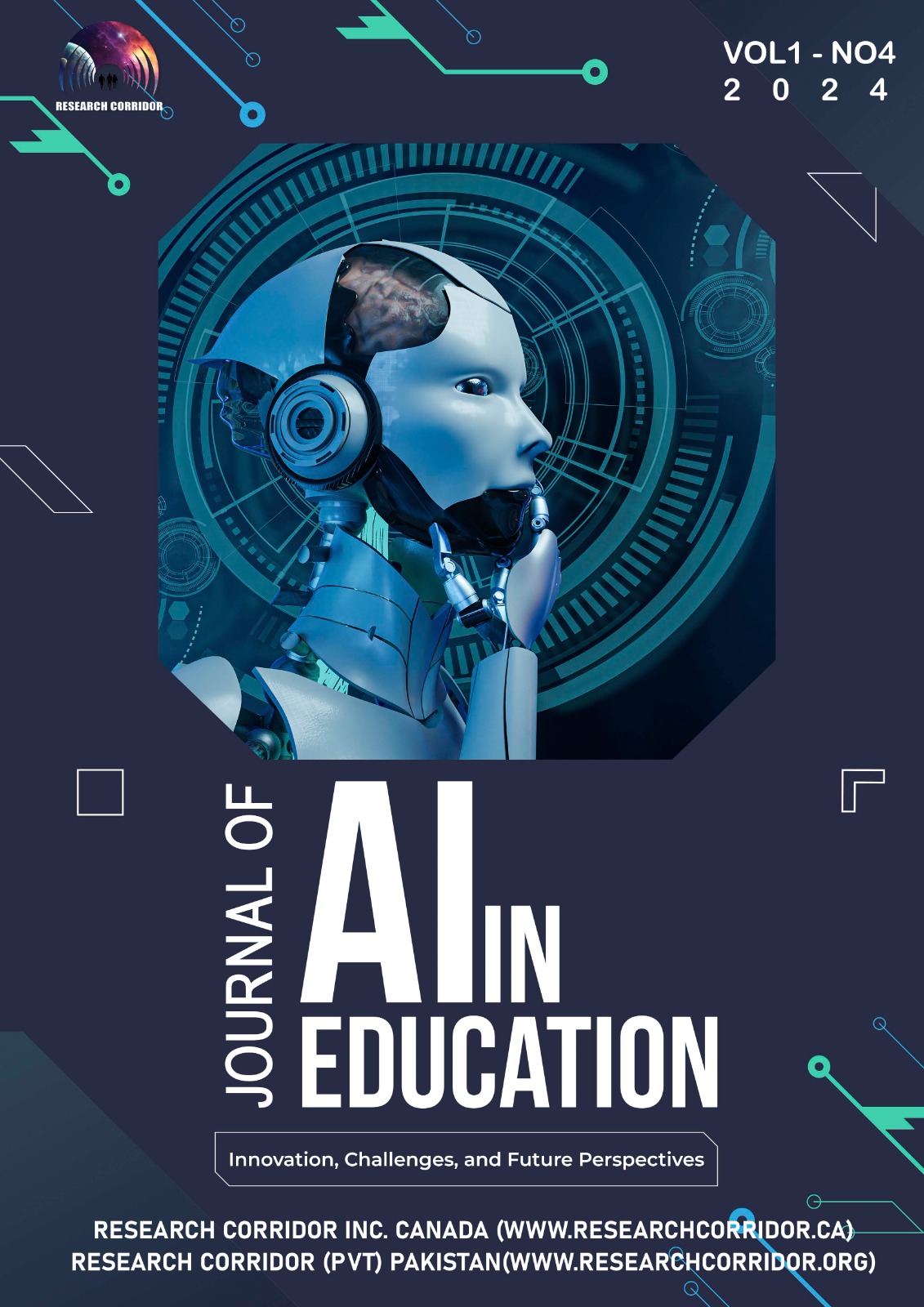AI in Educational Policy: Shaping Regulations for Responsible and Effective Use
Keywords:
AI in education, educational policy, ethical AI, responsible AI use, data privacy, algorithmic bias, digital divide, AI-driven learning, policy formulation, equitable accessAbstract
Artificial Intelligence (AI) has rapidly transformed various sectors, including education, necessitating well-structured policies to regulate its use. The integration of AI in educational settings offers numerous benefits, such as personalized learning, automation of administrative tasks, and enhanced student engagement. However, concerns related to data privacy, algorithmic bias, and the digital divide demand comprehensive regulatory frameworks to ensure ethical and responsible AI adoption. This paper examines the role of AI in shaping educational policies by analyzing global best practices, ethical considerations, and the potential impact on teachers and students. It discusses how policymakers can strike a balance between technological innovation and ethical responsibility, ensuring AI-driven education remains inclusive, fair, and beneficial for all stakeholders. Furthermore, it explores challenges in policy formulation, including transparency in AI algorithms, equitable access to AI tools, and mechanisms to mitigate potential risks associated with automation in education. By evaluating case studies from countries that have successfully implemented AI-driven educational reforms, this study provides insights into effective strategies for responsible AI integration. The findings suggest that collaboration between educational institutions, policymakers, and technology developers is crucial to designing policies that promote both innovation and accountability. Ultimately, this research advocates for evidence-based policymaking that aligns AI advancements with pedagogical goals, fostering a sustainable and equitable educational landscape.





